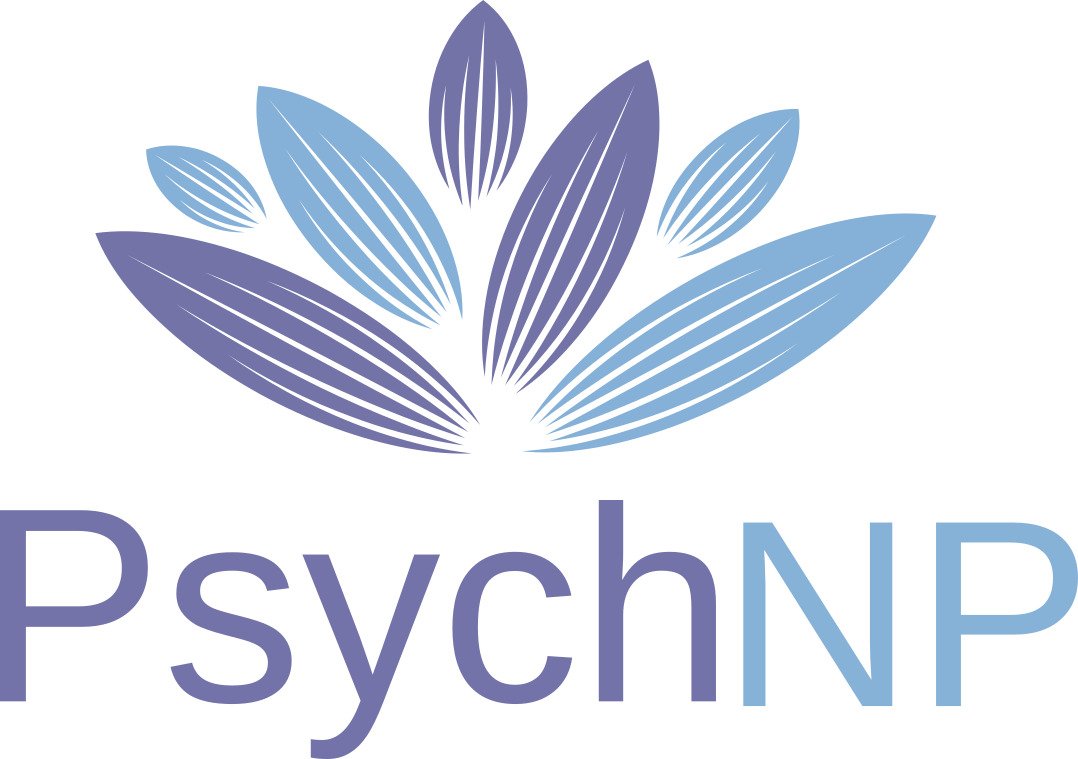How to Take An Effective Mental Health Day
Taking an effective mental health day off is essential for your overall well-being and can help you recharge when you feel overwhelmed or stressed. Here are steps to ensure you take a productive and rejuvenating mental health day:
Plan in Advance:
Choose a day in advance when you can take time off without causing significant disruption to your work or responsibilities.
Notify your employer or supervisor as early as possible to request the day off, if applicable.
Identify Your Triggers:
Reflect on what's causing you stress or affecting your mental health. Identifying triggers can help you address them more effectively.
Set Clear Intentions:
Determine what you want to achieve on your mental health day. Is it relaxation, self-care, personal reflection, or simply rest? Having clear intentions will guide your activities.
Unplug and Disconnect:
Avoid work-related emails, calls, and tasks during your mental health day. Disconnect from electronic devices and social media as much as possible.
Create a Calming Environment:
Make your surroundings as comfortable and peaceful as possible. Declutter your space, play soothing music, or use aromatherapy to set a relaxing atmosphere.
Engage in Self-Care:
Prioritize self-care activities that help you relax and rejuvenate. These may include:Meditation and Mindfulness: Practice mindfulness exercises to calm your mind and reduce stress.
Exercise: Engage in physical activity that you enjoy, whether it's a walk, yoga, or a workout session.
Healthy Eating: Nourish your body with nutritious meals and snacks to support your overall well-being.
Relaxation Techniques: Try deep breathing exercises, progressive muscle relaxation, or take a long bath.
Practice Digital Detox:
Avoid screens and social media as much as possible. Constant screen time can add to stress and anxiety.
Journal Your Thoughts:
Write down your thoughts and feelings in a journal. This can help you process your emotions and gain insight into what's causing stress.
Engage in Enjoyable Activities:
Spend time doing things you love, whether it's reading, listening to music, gardening, or any hobby that brings you joy.
Connect with Supportive People:
Reach out to friends or family members who provide emotional support and understanding. Share your thoughts and feelings with them.
Set Boundaries:
Use your mental health day as an opportunity to reflect on your work-life balance and set boundaries that protect your mental health in the long term.
Practice Self-Compassion:
Be kind and compassionate to yourself. Remember that taking a break and prioritizing your mental well-being is okay.
Reflect and Reevaluate:
Use part of your day to reflect on your current situation, feelings, and coping mechanisms. Consider seeking professional help if needed.
Avoid Guilt:
Don't feel guilty about taking a mental health day. Your well-being is essential, and taking care of your mental health is a responsible choice.
Plan for Reentry:
Consider how you'll transition back into your regular routine after your mental health day. Create a plan to manage stress and maintain your mental well-being.
Remember that taking a mental health day is a proactive step toward self-care and maintaining good mental health. It's not a sign of weakness but a sign of strength and self-awareness. If your mental health concerns persist or worsen, consider seeking support from a mental health professional.

